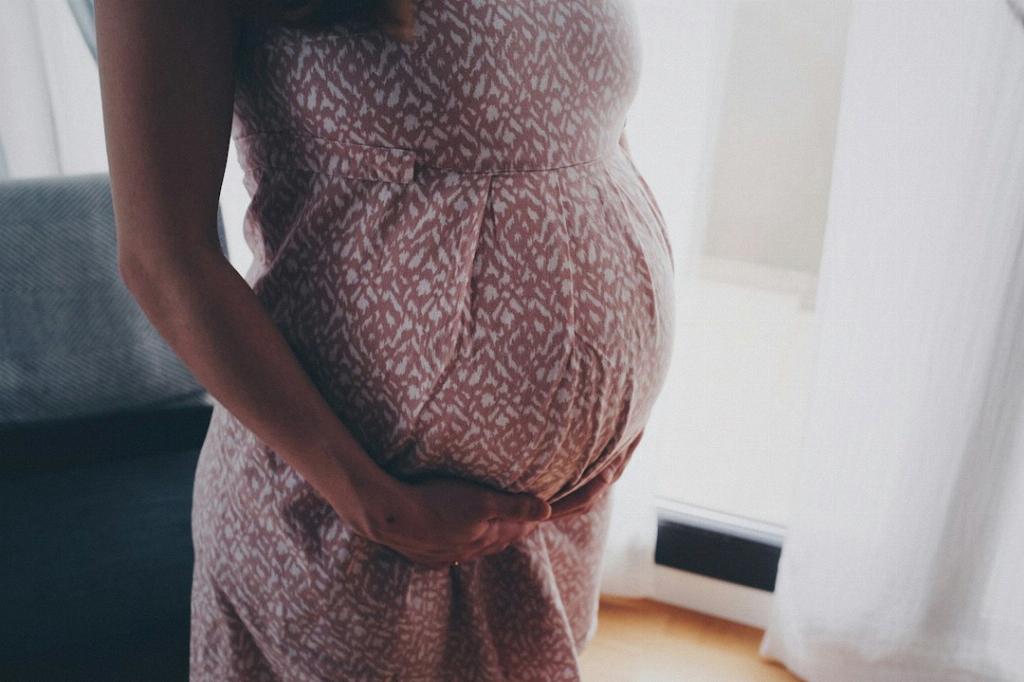When it comes to skincare during pregnancy, concerns about the safety of certain ingredients often arise. Licorice root is one such ingredient that has sparked debate among experts and expecting mothers alike. While there are conflicting views on the safety of licorice root in skincare products for pregnant women, it’s essential to delve deeper into the topic to make an informed decision.
One key point of contention is the relationship between ingesting licorice root (as in capsules or herbal remedies) and the potential risk of early delivery. Studies have suggested that high doses of licorice root consumed orally may be linked to adverse maternal and fetal outcomes, including preterm birth. However, it’s crucial to differentiate between internal consumption and topical application when assessing safety.
When it comes to skincare formulations containing licorice root, the concentrations used are typically low and unlikely to pose a significant risk to pregnant women. Topical application of licorice extract is common in skincare products due to its potential skin-brightening and anti-inflammatory properties, which can be beneficial for addressing common skin issues during pregnancy such as hyperpigmentation and acne.
Despite the limited research on the effects of licorice extract in skincare specifically during pregnancy, many skincare experts consider it safe for topical use. The Cosmetic Ingredient Review (CIR) Expert Panel has assessed the safety of licorice extract in cosmetics and concluded that it can be used safely in formulations designed for external use, including skincare products.
It’s essential for pregnant women to consult with their healthcare providers or dermatologists before incorporating any new skincare products into their routines, especially if they contain ingredients like licorice root. This precaution can help ensure that the products selected are suitable for individual needs and do not pose any potential risks during pregnancy.
Another factor to consider is the individual sensitivity to ingredients in skincare products. While licorice root is generally well-tolerated by most people when used topically, some individuals may experience allergic reactions or skin irritation. Pregnant women with sensitive skin should perform a patch test before using products containing licorice extract to rule out any adverse reactions.
When selecting skincare products during pregnancy, it’s also advisable to opt for formulations that are free from potentially harmful ingredients such as parabens, phthalates, and artificial fragrances. Choosing natural and organic skincare products can provide peace of mind for expectant mothers concerned about the safety of their beauty routine.
Ultimately, the decision to use skincare products containing licorice root during pregnancy should be based on individual preferences and consultation with healthcare providers. While the current evidence suggests that topical application of licorice extract is likely safe for most pregnant women, it’s always best to err on the side of caution and prioritize safety when it comes to prenatal skincare.
In conclusion, licorice skincare can be considered safe for pregnancy when used in moderation and in consultation with healthcare professionals. By being aware of the potential risks and benefits associated with licorice root in skincare products, pregnant women can make informed choices to maintain healthy and glowing skin during this special time in their lives.

